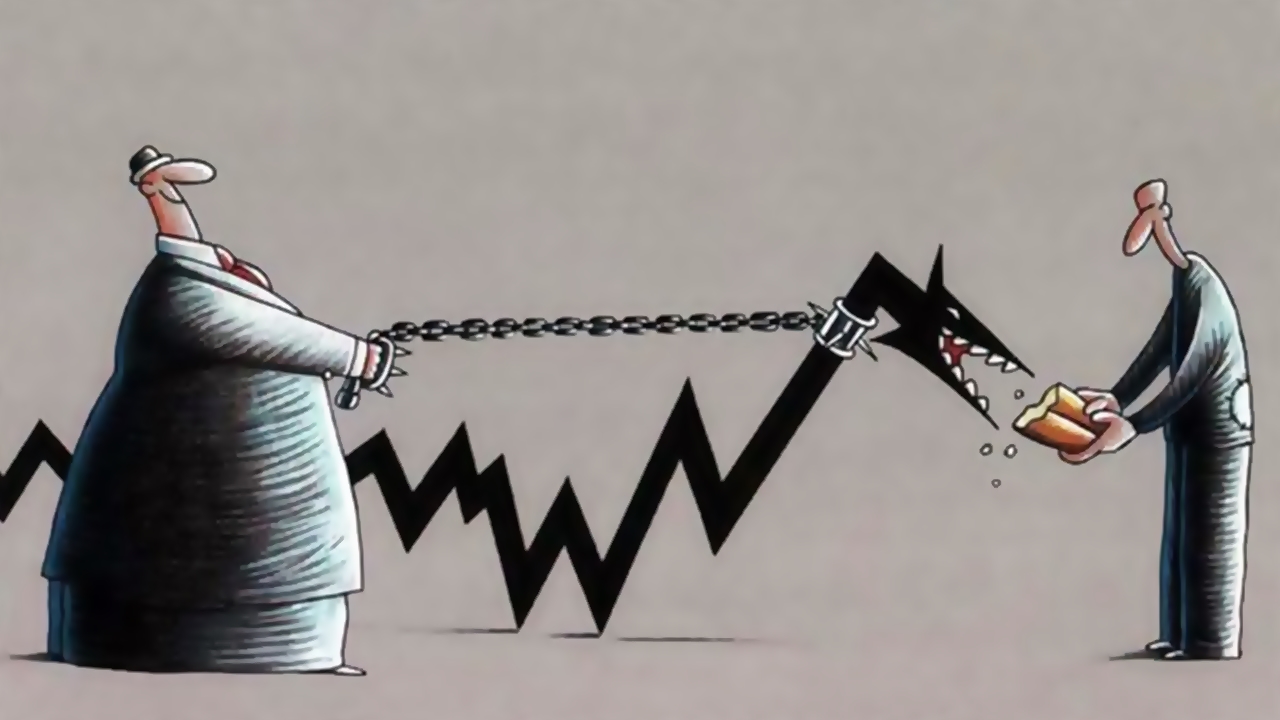In the ever-evolving landscape of education, online platforms like Chegg have become integral resources for students seeking additional learning support. As these platforms provide a plethora of educational materials, it’s crucial for students to understand how to navigate the complexities of academic citation, ensuring they maintain the highest standards of integrity in their scholarly endeavors.
Understanding Chegg as an Educational Resource
1. Chegg’s Expansive Role in Academia
Chegg stands out as a multifaceted educational platform, offering services ranging from textbook solutions and study guides to tutoring assistance. To integrate Chegg effectively into academic work, students must grasp its role and the ethical considerations associated with its use.
2. The Dynamic Nature of Online Resources
One of the primary challenges students face is citing online platforms due to the dynamic and evolving nature of digital content. As Chegg constantly updates its materials, students need to approach the citation process with thoughtfulness and adaptability.
Best Practices for Chegg Citation
1. Traditional Citation Styles and Chegg Resources
Adhering to traditional citation styles (APA, MLA, Chicago) remains a fundamental practice when citing Chegg resources. This involves citing the author, title, publication date, and, if available, the URL.
2. Acknowledging Multiple Contributors
Chegg often involves collaborative efforts with multiple contributors, including authors, editors, and reviewers. Properly acknowledging each contributor in the citation adds depth and transparency to the academic process.
3. Addressing the Lack of Standardization
The absence of standardized citation formats for online study resources necessitates creativity. Students may need to combine traditional citation elements with additional details such as contributor roles and the specific type of resource accessed.
Implications of Neglecting Proper Citation
1. The Threat to Academic Integrity
Neglecting proper citation, whether intentional or unintentional, poses a significant threat to academic integrity. Failing to credit Chegg or any other source appropriately may lead to accusations of plagiarism, a severe offense in academic settings.
2. Educational Consequences
Educational institutions enforce strict policies against plagiarism. Consequences for improper citation can range from receiving a failing grade on an assignment to expulsion from academic programs.
Guidelines for Ethical Chegg Citation
1. Familiarize Yourself with Institutional Policies
Understanding and adhering to institutional policies on citation and academic integrity is the first step toward ethical scholarly practices.
2. Consult Relevant Citation Style Guides
Different academic disciplines often have specific citation requirements. Students should consult the relevant citation style guide (APA, MLA, etc.) recommended by their institution or instructor.
3. Seek Clarification from Instructors
In instances of uncertainty, students should proactively seek clarification from instructors or professors regarding the acceptable methods of citing online resources like Chegg.
Conclusion: Balancing Convenience and Integrity in the Digital Era
In an era where educational resources are readily accessible online, maintaining academic integrity is paramount. Effectively navigating Chegg citation involves not only following established rules but also upholding the values of honesty, transparency, and respect for intellectual contributions.
FAQs: Addressing Common Concerns
1. Is citing Chegg necessary in academic papers?
Absolutely. Citing Chegg and other online resources is crucial to upholding academic integrity and giving due credit to the contributors.
2. Which citation style should I use for Chegg resources?
The citation style depends on your academic discipline. Common styles include APA, MLA, and Chicago. Refer to the style guide recommended by your institution.
3. Can improper citation lead to academic consequences?
Yes, improper citation, including plagiarism, can result in severe consequences, ranging from failing grades to expulsion, depending on institutional policies.
4. How do I cite a textbook solution from Chegg?
Follow the citation style guide (APA, MLA, etc.) for citing books or online resources. Include relevant information such as author, title, publication date, and URL.
5. Should I always include a Chegg URL in citations?
If available, including the Chegg URL is recommended for transparency and accessibility. However, consult your citation style guide for specific requirements.
Navigating the intricate landscape of Chegg citation is not just about following rules; it’s about finding a balance between the convenience of online resources and the integrity that defines scholarly pursuits.
Read also: The Legacy: Textsheet and Chegg Study Dynamics




[…] Read also: The Comprehensive Guide to Chegg Citation […]